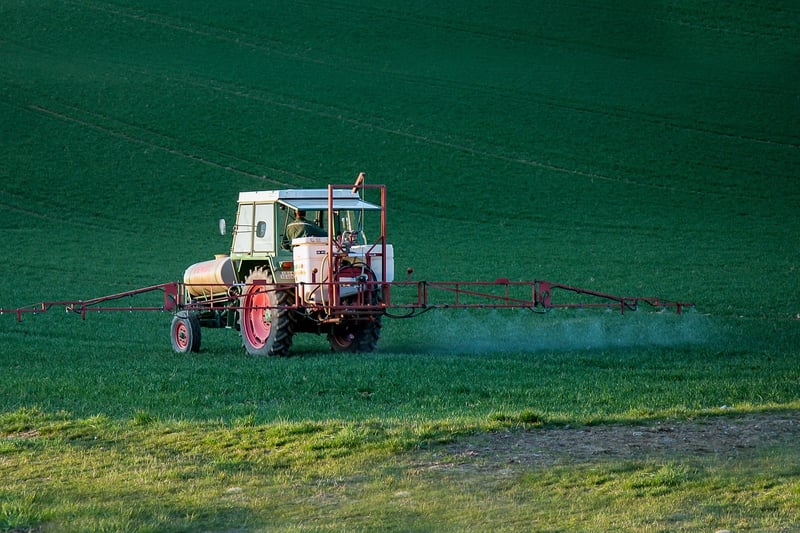Organic Pesticides
Effective Strategies for Managing Garden Pests with Organic Pesticides
Keeping your garden healthy and thriving requires effective pest management strategies. One approach that is gaining popularity is using organic pesticides. These natural alternatives help control pests while minimizing the use of harmful chemicals that can impact the environment and beneficial insects. Let's explore some tips on managing garden pests with organic pesticides.
Identifying Common Garden Pests
Before choosing an organic pesticide, it's essential to identify the pests affecting your garden. Common garden pests include aphids, caterpillars, spider mites, and snails. By knowing which pests you are dealing with, you can select the most appropriate organic pesticide to target them effectively.
Organic Pesticides for Garden Pest Control
There are several types of organic pesticides available that are safe to use in your garden:
- Neem Oil: Effective against a wide range of pests and acts as a repellent.
- Diatomaceous Earth: Works by dehydrating insects and is particularly useful against crawling pests like ants and beetles.
- Pyrethrin: Derived from chrysanthemum flowers, it is effective against many insect pests.
- Garlic Spray: Repels pests like aphids, caterpillars, and beetles.
Application Tips for Organic Pesticides
When using organic pesticides in your garden, follow these tips for best results:
- Apply pesticides in the early morning or late evening to prevent harm to beneficial insects.
- Ensure thorough coverage of the plant, including the undersides of leaves where pests often hide.
- Reapply the pesticide according to the manufacturer's instructions, especially after rainfall.
- Rotate between different types of organic pesticides to prevent pests from developing resistance.
Benefits of Organic Pest Control
Opting for organic pesticides in your garden offers several benefits:
- Minimizes harm to beneficial insects like bees and ladybugs.
- Reduces chemical residues in your produce, making it safer for consumption.
- Supports a healthier ecosystem in your garden by promoting natural pest control methods.
- Decreases the risk of chemical exposure to you and your family.
Conclusion
Managing garden pests with organic pesticides is an eco-friendly and effective way to protect your plants while preserving the environment. By identifying common pests, choosing the right organic pesticides, and following proper application techniques, you can maintain a vibrant and pest-free garden without compromising on safety.
Remember, a healthy garden is a happy garden!

For more information on organic gardening and pest control, visit Organic Gardening.
